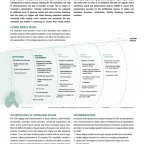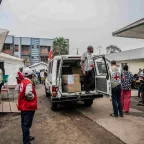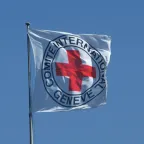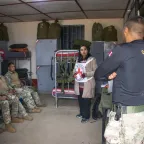South Sudan Facts & Figures 2024
January to December 2024 In 2024, families in South Sudan continued to face significant challenges in meeting basic needs amid armed conflict and violence as well as in the context of increasing …
January to December 2024 In 2024, families in South Sudan continued to face significant challenges in meeting basic needs amid armed conflict and violence as well as in the context of increasing …

Despite clear prohibitions under international humanitarian law (IHL), sexual violence has been recorded in at least 51 countries affected by armed conflict. When victims/survivors of sexual violence …

Delivered by Noa Schreuer, Legal Advisor, at the 10th Substantive Session of the Open-Ended Working Group on security of and in the use of information and communications technologies 2021-2025, New …

18-02-2025 Kinshasa/Goma, 17 February 2025 – The Red Cross Society of the Democratic Republic of the Congo (DRC Red Cross), the International Committee of the Red Cross (ICRC) and the International …

10th Substantive Session: ICRC Statement on Threats, February 2025 Ambassador Gafoor, Excellencies, dear Colleagues, The International Committee of the Red Cross is grateful for the opportunity to …

Marking the 75th anniversary of the Geneva Conventions, the International Committee of the Red Cross (ICRC), in partnership with the Ombudsman Office of Azerbaijan, on December 20, brought together …
Working Paper by the International Committee of the Red Cross New York, 3–7 March 2025 Nuclear disarmament as a long-standing priority for the International Red Cross and Red Crescent Movement 1. …

January to December 2024 The ICRC has been conducting its humanitarian operations in Ethiopia for nearly half a century. Currently, its activities focus on responding to the needs of people affected …
15-02-2025 Jerusalem (ICRC) – The continuation of the ceasefire agreement has enabled more families to be reunited as the International Committee of the Red Cross (ICRC) safely transferred three …

Better knowledge of the law fosters greater respect for civilians and better protection for all they hold dear. The remote valley of the rivers Apurímac, Ene and Mantaro (VRAEM by its Spanish …

Try one of the following resources:
Created in 1863, the ICRC library, alongside the ICRC archives, provides an indispensable documentary reference on the organization itself and international humanitarian law.
International humanitarian law is based on a number of treaties, in particular the Geneva Conventions of 1949 and their Additional Protocols, and a series of other instruments.
Customary international humanitarian law consists of rules that come from "a general practice accepted as law" and that exist independent of treaty law.